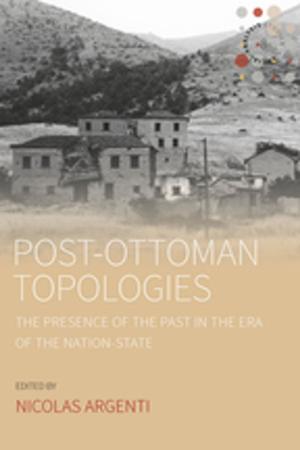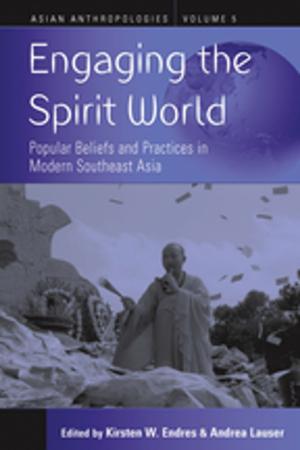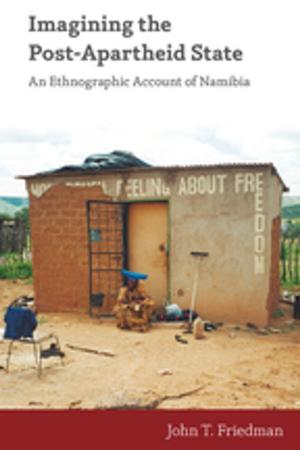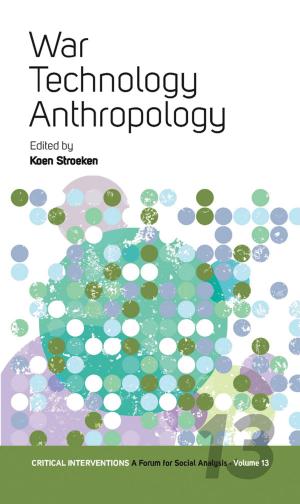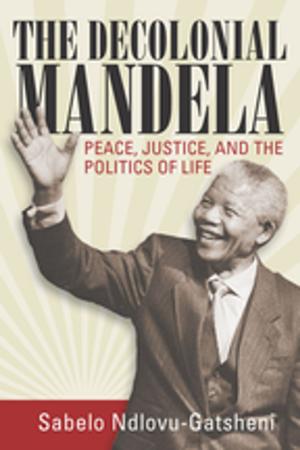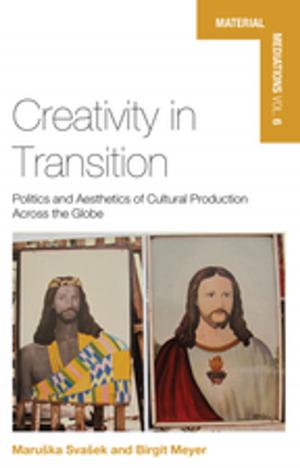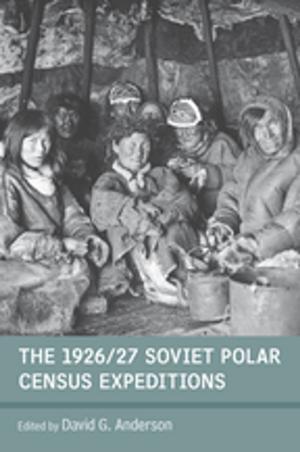News as Culture
Journalistic Practices and the Remaking of Indian Leadership Traditions
Nonfiction, Social & Cultural Studies, Social Science, Anthropology| Author: | Ursula Rao | ISBN: | 9781845458331 |
| Publisher: | Berghahn Books | Publication: | May 1, 2010 |
| Imprint: | Berghahn Books | Language: | English |
| Author: | Ursula Rao |
| ISBN: | 9781845458331 |
| Publisher: | Berghahn Books |
| Publication: | May 1, 2010 |
| Imprint: | Berghahn Books |
| Language: | English |
At the turn of the millennium, Indian journalism has undergone significant changes. The rapid commercialization of the press, together with an increase in literacy and political consciousness, has led to swift growth in the newspaper market but also changed the way news makers mediate politics. Positioned at a historical junction where India is clearly feeling the effects of market liberalization, this study demonstrates how journalists and informants interactively create new forms of political action and consciousness. The book explores English and Hindi newsmaking and investigates the creation of news relations during the production process and how they affect political images and leadership traditions. It moves beyond the news-room to outline the role of journalists in urban society, the social lives of news texts and the way citizens bring their ideas and desires to bear on the news discourse.
This important volume contributes to an emerging debate about the impact of the media on Indian society. Furthermore, it convincingly demonstrates the inseparable link between media related practices and dynamic cultural repertoires.
At the turn of the millennium, Indian journalism has undergone significant changes. The rapid commercialization of the press, together with an increase in literacy and political consciousness, has led to swift growth in the newspaper market but also changed the way news makers mediate politics. Positioned at a historical junction where India is clearly feeling the effects of market liberalization, this study demonstrates how journalists and informants interactively create new forms of political action and consciousness. The book explores English and Hindi newsmaking and investigates the creation of news relations during the production process and how they affect political images and leadership traditions. It moves beyond the news-room to outline the role of journalists in urban society, the social lives of news texts and the way citizens bring their ideas and desires to bear on the news discourse.
This important volume contributes to an emerging debate about the impact of the media on Indian society. Furthermore, it convincingly demonstrates the inseparable link between media related practices and dynamic cultural repertoires.


